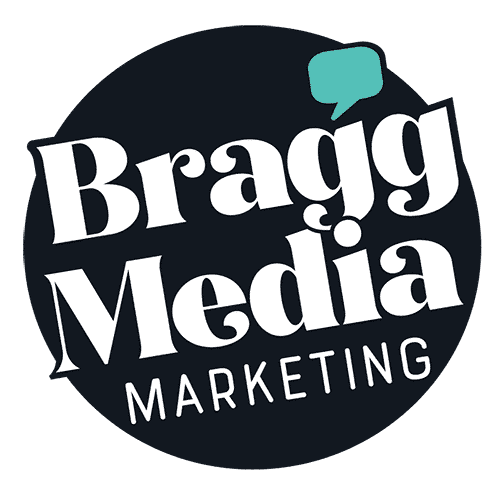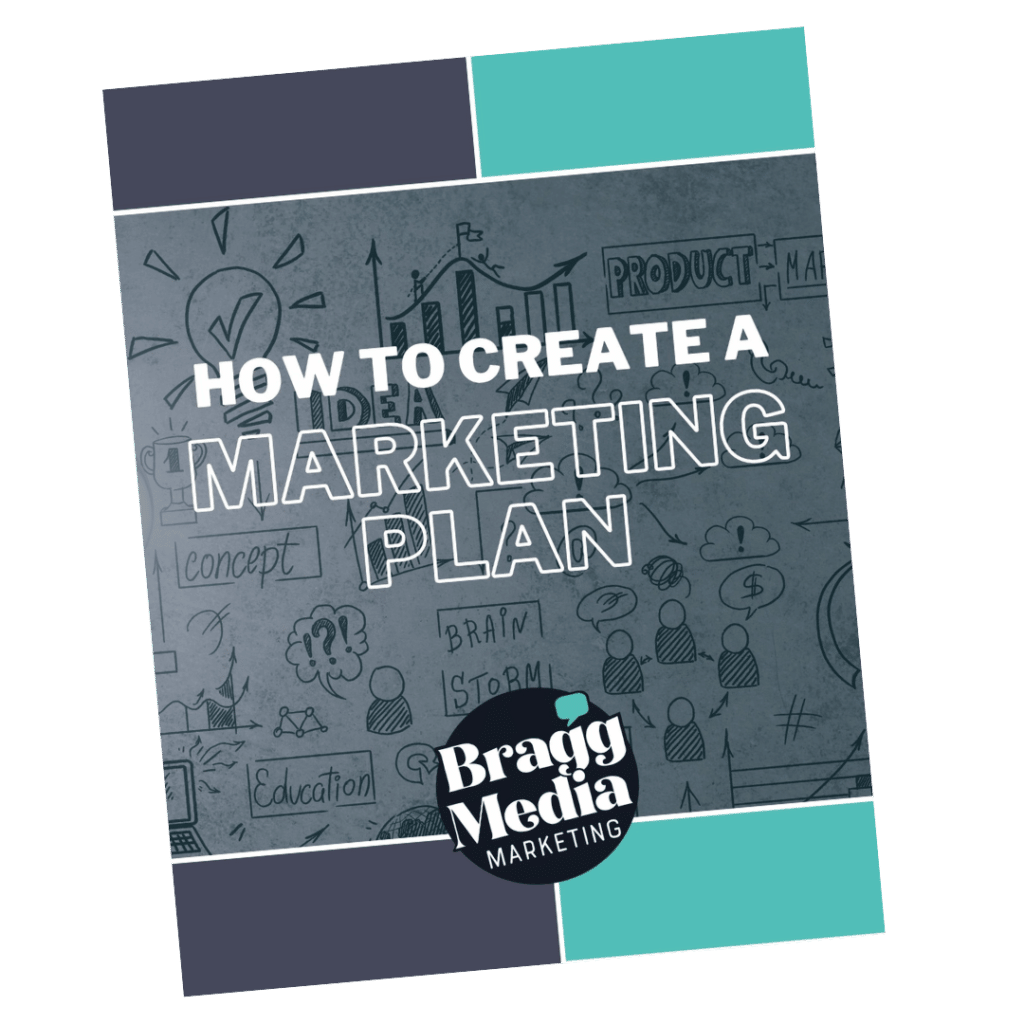
You know a strategic marketing plan is important, but for some reason, you aren’t making it a priority.
Perhaps you’re in the happy bubble? Your business has reached a point in which you have a stream of regular customers who contribute to a steady cash flow that in turn allows you to pay your bills, even set a little aside.
When you enter the bubble, it’s difficult — no, down right impossible — to get motivated about working on business development. After all, business is so good, why would you need a marketing plan?
But what if you’re not there yet? What if your business hasn’t yet started?
It doesn’t matter where you’re at with your business, your business could fail without a strategic marketing plan or never get off the ground.
Here’s why your every business needs a strategic marketing plan:
Marketing plans drive your business
A solid marketing plan directs where your business is going and defines your business. A marketing plan is so important that it plays a role in your ability to secure financing from banks and other lending institutions.
Marketing plans also aid in the day-to-day operations of your business. Your marketing plan establishes targets and milestones that:
- allocate resources and budget
- motivate your team
- manage performance of your staff members and marketing efforts.
Your goals and the vision of your business lay the foundation of your marketing — because they establish what you want to do with your business and they keep your business on track by planning for the unexpected
Marketing professionals who set goals report a 429% higher rate of success than those who don’t set goals. Of the marketers who set goals, 58% will probably achieve them and 6% will always achieve them.

Website Design
Affordable website design with a process that works for you.
Like what you’re reading?
Subscribe to Bragg Media’s
monthly newsletter.
New logo? Check.
Our Brand Starter Kit comes with a non-Trademarked logo and up to 9 more projects.
Marketing plans analyze your situation
A strategic marketing plan is a vital part of your business development and future planning because it requires taking a critical look at your business, the economy, the competition, the audience, the community and more. It lays out your business strategy so that all your key players — from managers to newest employees — know where you’re going.
Here is what every marketing plan should include:
- Profile of your target market: Trends, demographics, buyer behavior, psychographics; also highlights research
- Business differentiation: How does your product/ service fits into a niche within your marker? What’s your brand’s position in the market?
- Competitive analysis: Who are your competitors? What sets them apart? What do you offer that they don’t offer? How can you leverage this information in your marketing?
- Goal setting: How much revenue do you need to stay afloat? How much revenue do you need to grow? How far would you like to take your business? How many services/products would you need to sell per week or per month to get there?
- Strategies for achieving goals: Identify ways to reach and to secure new customers. This could include marketing campaigns, marketing channels or developing new products or service packages.
- Marketing budget: How does your marketing fit into the overall business operating budget? Develop a budget per month for every aspect of marketing — including cost of an agency, social media ads, content generation, email marketing, etc.
- Return on Investment (ROI): Develop benchmarks and key performance indicators (KPIs) to determine which marketing effort is reaping the most benefits. This requires testing and analyzing data from Google Analytics, e-mail marketing, social media marketing and even costumer surveys.
Marketing plans find a path to success
A solid marketing plan gives your business the leverage it needs to get off the ground. It also provides insight that you may need against temptations that could sidetrack you or unexpected mishaps that come your way.
Have you encountered an opportunity that seemed too good to be true? It’s easy to get caught up in the moment or you’ve come across a really savvy salesperson. When this happens once or twice and only costs you say, $20 a pop, you’ll be okay. You’re not out much.
But what about the times when more money is one the line? Marketing plans help you identify the best marketing channels, advertising opportunities and campaigns to reach your ideal audience.
Here’s a practical example: Your goal is to attract 500 new customers this year. You have just learned about new trade show in your niche. The cost is OK. It’s not too high. Do you do it? Sure. Trade shows are specific and targeted. These are people who you’ve identified as good matches for what your business sells.
You may not convert your trade show visitors into customers immediately, but you’ll probably generate some solid leads. Qualified leads plus traffic often leads to solid revenue streams.
The most cost-efficient marketing plans identify channels and develop strategies that bring your audience to you, not the other way around. Prospects who find you because they’re in the market to buy what you’re selling are more likely to follow through with a purchase than through cold outreaches.
Once you take the time to develop a strategic marketing plan, you’ll know who your best customers are, how your business fits within a niche in your industry and how to secure customers once you identify them.

